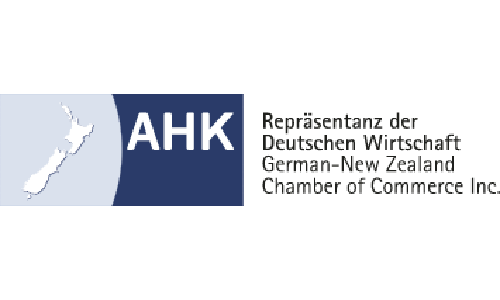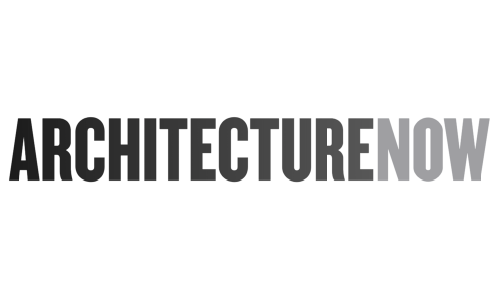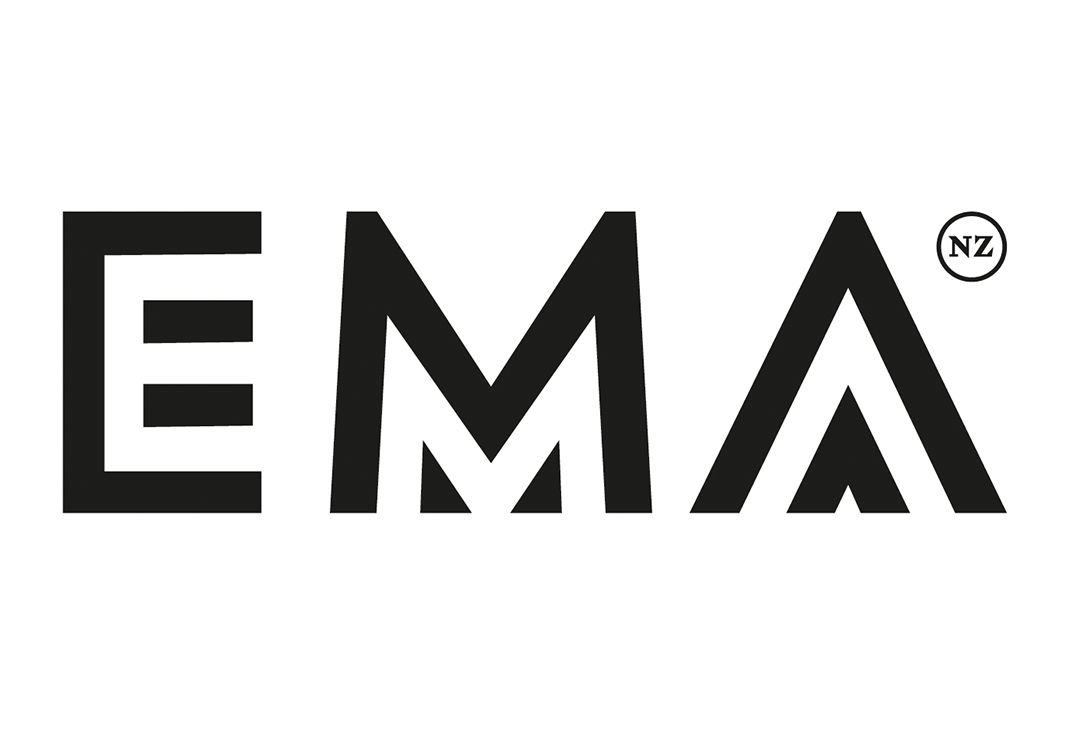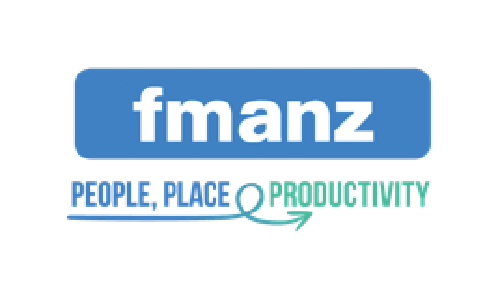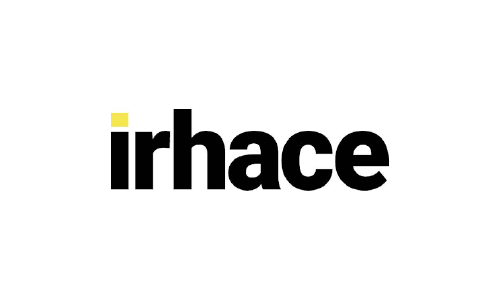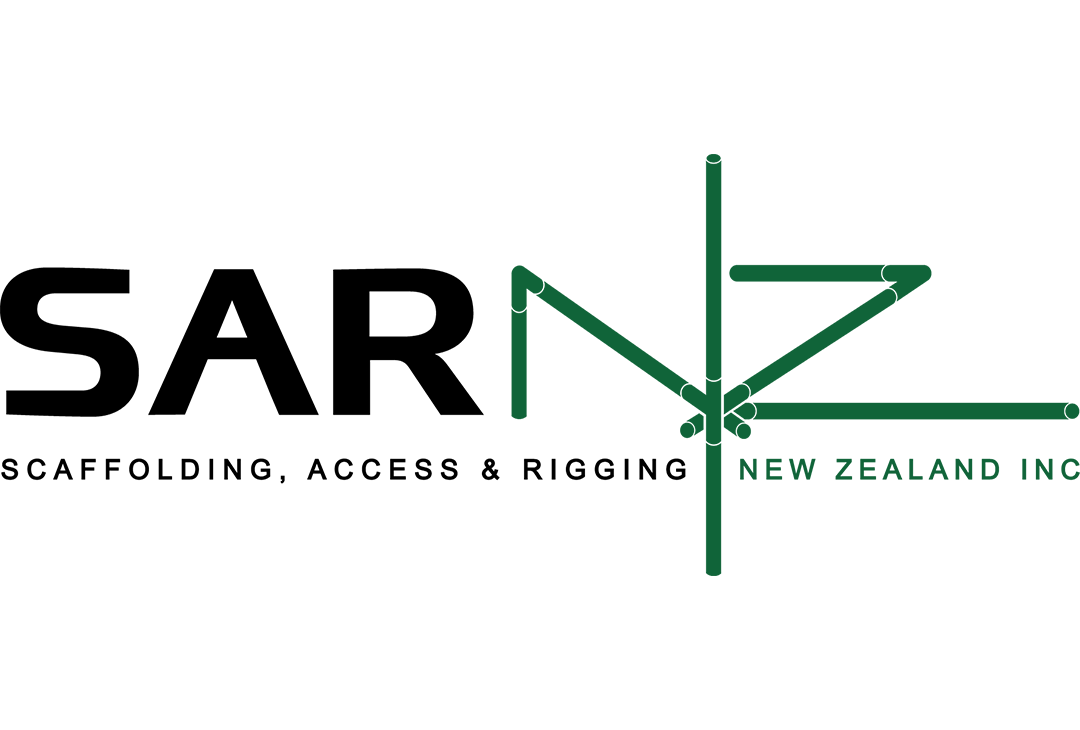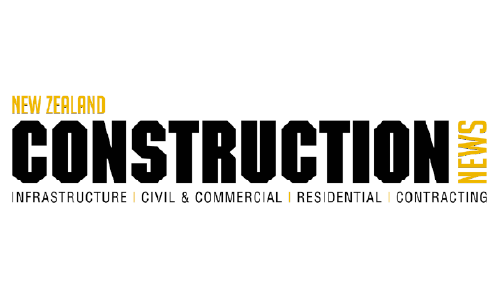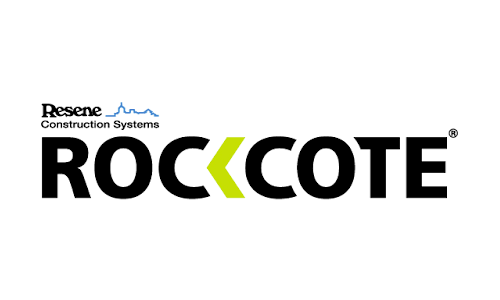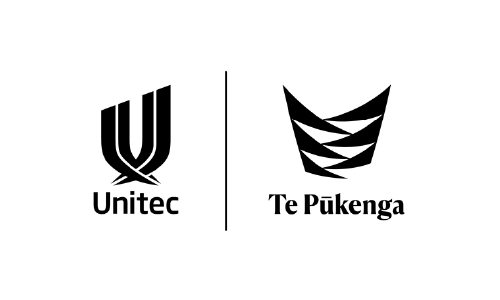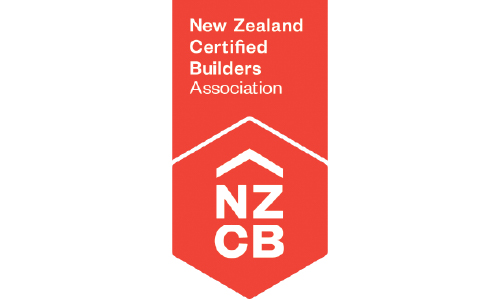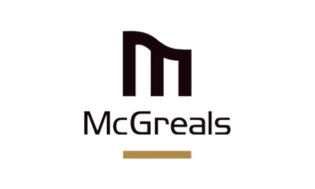Time for facilities managers to come out of the control room
MONDAY 12TH OCTOBER 2015

Facilities management can help businesses drive productivity, innovation, and ultimately profits, but only if those businesses start looking at FM as an asset rather than an overhead.
To achieve that, facilities managers themselves will have to leave the control room and spread the message that facilities management is a critical function in modern business, according to Martin Leitch, principal consultant with strategic workplace consultancy FM Scope.
“What I mean by that is: if payroll doesn’t turn up for a week, big deal. If finance doesn’t turn up for a week, is that going to be disruptive? But if facilities management doesn’t turn up for a week, the whole place will grind to a halt,” says Mr Leitch.
“We need businesses to start understanding that FM is a critical business function, not just at an operational level but also at a strategic level. And we need to evolve from being the guys down in the boiler room with a spanner in the back pocket to being the guys in the C-suite contributing to the strategic planning sessions.”
Unfortunately, evolution doesn’t happen overnight. Proving to senior management and other business silos within the organisation that facilities managers deserve a place at the big table will take time and effort to achieve. But facilities managers can help drive the change by taking the first steps themselves.
“Facilities managers need to gain a full understanding of where the business is going and what its business strategy is so the FM strategy they develop is going to be fully aligned with that.”
“Showing senior management what FM strategic thinking can achieve is one way to demonstrate value. If you want to improve the efficiency or cost-effectiveness of a particular service or its delivery, then do the work and take the results to powers that be. It’s a way of saying, ‘This is what we can do’.
“Facilities managers also need to work on building good customer service by engaging with the customer, asking them what they actually need. There is a tendency in facilities managers to second-guess what the customer is potentially going to be looking for. Until we understand what they really want, we can’t actually deliver it.”
However, one of the biggest hurdles to gaining a more strategic position within an organisation is often finding the time to think strategically.
“Facilities managers tend to be very reactive to operational demands – if there’s a power outage you’ve got to drop everything and sort it out. The key is to make the time to think and act strategically. Until we get to that position it’s really going to be a struggle.”
Perhaps the answer lies in engaging more widely with other strategic business units within the organisation to demonstrate value, forge alliances, and gain deeper strategic understanding.
That could include working closely with human resources on employment contracts provisions for flexible working. Or getting alongside the IT department to help facilitate mobile work options. Or advising senior management on how changing work patterns will affect real estate options.
“In seeking to become more strategic, facilities management needs to become more interactive with these other strategic business units. Working with these strategic business units will help open people’s minds to what facilities management does and the value facilities management can provide.”
Martin Leitch will be leading a panel discussion at the new Facilities Integrate exhibition from October 15 – 16 at ASB Showgrounds in Auckland. The discussion will centre on the importance of integrating FM expertise into the early design phase of new buildings to mitigate costly operational and maintenance problems further down the track.
Trade professionals visit free by registering before October 14 2015.
